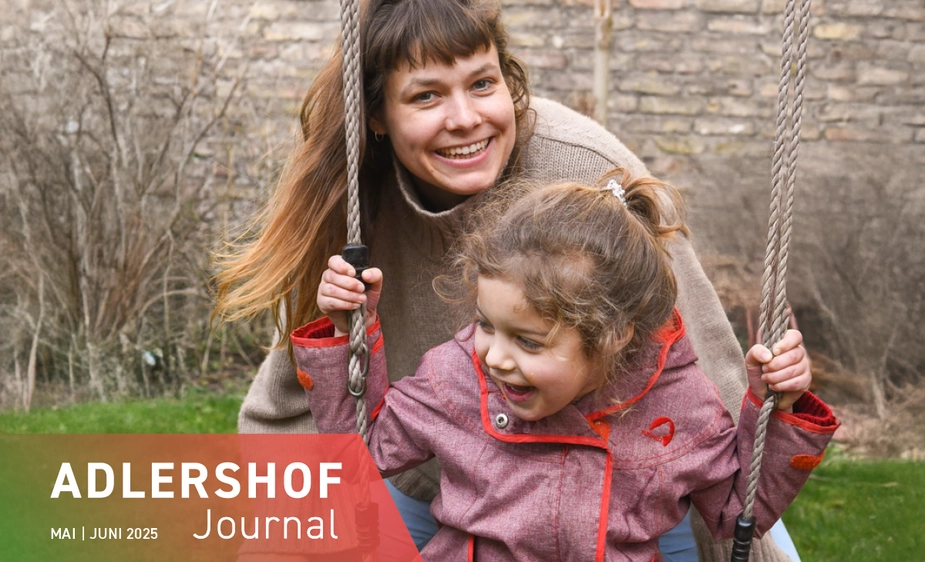The start-up manager
Maxine Silvestrov manages operations at Quantune Technologies
Measuring biomarkers without having to insert a needle into a vein and without drawing even a millilitre of blood to send to a lab. Easy, clean, and painless—and useable at any given time. This is a scientific vision that Maxine Silvestrov is contributing to. She has been responsible for finance and personnel at the start-up Quantune Technologies since late 2021. In her own words, that means handling “everything that doesn’t happen in a lab.”
Founded in 2019, Quantune currently employs 15 people and occupies office and laboratory space at the IGZ technology centre. The company is developing the world’s first laser spectrometer the size of a microchip. Worn on the wrist, the device can scan human tissue and analyse its composition.
Each molecule, Silvestrov explains, has a kind of “fingerprint” that shows how its atoms vibrate relative to one another. The spectrometer can excite these vibrations using light and thereby identify different substances in the blood. It can do so continuously, not just during scheduled medical check-ups. Changes in blood sugar or lactate, for example, could ideally be detected right away.
Silvestrov has been familiar with the behaviour of molecules since her university days. Born and bred in Berlin, the 38-year-old first studied biotechnology in Braunschweig, then molecular life sciences at Humboldt-Universität zu Berlin, but soon turned her back on academia. “I’ve always been interested in how scientific innovations can be made useful for people.”
Incidentally, she became aware of her current employer through an article in Adlershof Journal. She had previously worked for a biotech company in Berlin-Buch, supporting pharmaceutical firms in developing cancer treatments. Adlershof was a little closer to Friedrichshain, where she lives. She also appreciated how green the campus is. Lastly: “From a professional perspective, there are so many tech companies here that we cooperate with.”
She sees the flexible working hours that Quantune Technologies offers as a definite perk. Without them, managing everyday life with her six-year-old daughter would be difficult: “Noemi needs a lot of support. She has three fixed appointments per week for speech therapy, occupational therapy and physiotherapy. We often have to accompany her to doctors because she falls frequently. We also practise with her every day.”
Noemi is one of about a hundred people worldwide affected by an extremely rare genetic defect. “It will get worse. She can still walk now, but by the age of ten she will probably be in a wheelchair.” HSP50, or hereditary spastic paraplegia, first damages and weakens the muscles in the legs, and later also the arms. Noemi’s parents have created a website telling their story. Our Story – Help for Noemi They also founded an organisation last year to raise funds for research and treatment of HSP50. Gene therapy that could stop the progression of the disease is currently being clinically tested in the US. However, funding is not yet secure.
All this requires time and energy. Maxine Silvestrov is grateful for a professional environment that understands her situation. She works a 30-hour week and regularly from home. “If spontaneous appointments come up, the company is very flexible. That’s a big plus,” she says.
Dr. Winfried Dolderer for Adlershof Journal
